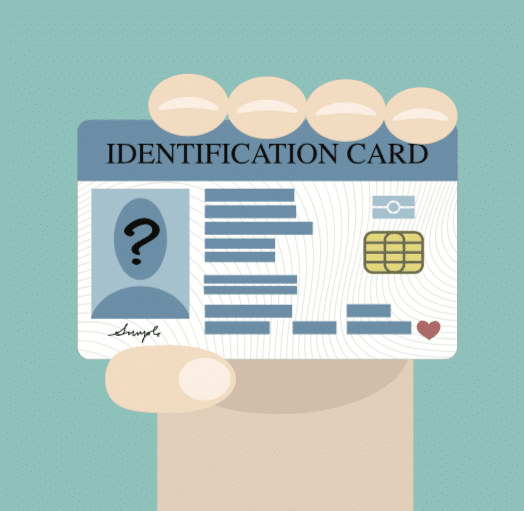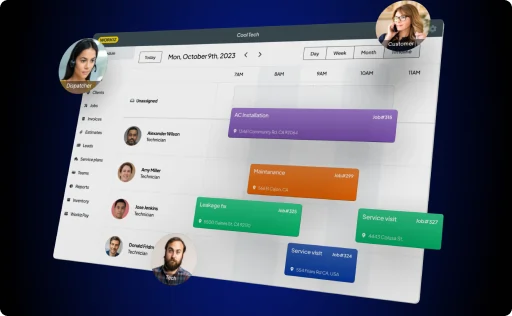You could go to the trouble of starting a new business. Or, you could search for a locksmith business for sale in your area – and acquire it.
Buying a locksmith business costs some serious dough, but it has its advantages. For example, an established locksmith business for sale will probably already have a strong customer base, inventory, and other things you’d need to build yourself when starting a new locksmith business. Here’s our 10-step guide to buying a locksmith business.
1. Get licensed
Fifteen states require that you have a license to be a commercial locksmith. These states are Alabama, California, Connecticut, Illinois, Louisiana, Maryland, Nebraska, Nevada, New Jersey, North Carolina, Oklahoma, Oregon, Tennessee, Texas, and Virginia.
Some counties also have locksmith licensing laws, such as Nassau County, New York, and Hillsborough and Miami-Dade counties, Florida.

2. Search for a locksmith business
If you’re already a practicing locksmith, one way to find a locksmith business for sale is through connections.
Another good starting point is to search for your ideal locksmith businesses for sale on Craigslist, BizBuySell, or BusinessesForSale. You might also try typing ‘locksmith business for sale near me’ or ‘mobile locksmith business for sale’ into Google.

3. Location, location, location
Location is everything, even for a mobile locksmith business. At a minimum, the business should be in your local area or somewhere you and your family don’t mind moving.
Other things to consider:
- Is the local client base commercial or residential?
- If it’s an auto locksmith business for sale, then is there high car ownership in the area?
- Are there many competing locksmith businesses around?

4. Check the price tag
A locksmith business for sale can go from anywhere from around $60,000 to $600,000. Businesses with higher price tags offer benefits like a great location, an established customer base, and strong growth potential.
Remember: the price is always negotiable.

5. Inspect the goods
When comparing locksmith businesses, you’ll see that some offer just the bare bones while others come with plenty of assets.
Here’s a quick checklist:
- Inventory. What does it include? How much is it worth?
- Vans. Is this included? If so, how many vehicles and what are they worth?
- Storefront. How big is it? Is it fitted out? How much is rent? When does the lease expire?
- Employees. How many? Cost of payroll?
- Support. Will the seller help with the transition?

6. Learn about the customer base
Customers are the number one asset for any field service business. Ask what percentage of revenue comes from repeat customers. And find out if the business has any contracts with commercial customers or it is more reliant on one-off residential customers.
The customer database should be included in the sale. Consider also how you might import customer data to your preferred customer relationship management (CRM) software.

7. Go over financial statements
With any business venture, you want to be sure you’ll get a good return on your investment. Buying an established business offers the advantage of being able to see actual numbers rather than just estimating.
Ask the seller for at least 3 years of financial statements, including profit and loss statements (also called income statements), cash flow, and balance sheets. Have an accountant help you go over these documents.

8. Sit down with the seller
During the process, it’s important to actually meet the seller face to face. Over a beer or coffee, ask the seller about what sort of living there were able to earn from the business and what their motivations are for leaving.
This meeting will reveal as much as all your other due diligence.

9. Finance the purchase
In most cases of a locksmith business being up for sale, the seller wants everything paid in cash.
Here are a few ways to finance the purchase:
- Your own pocket. Includes drawing from a savings account, IRA, or 401(k).
- Friends and family. Proceed with caution.
- Home equity loan. Involves using your equity in your home as collateral.
- SBA loan. Fixed-rate loans issued by private lenders and backed by the U.S. Small Business Administration.

10. Close the deal
You’ve decided to buy. Now all that’s left is to sign the closing documents (preferably with the help of an attorney) and take control of your new business.










